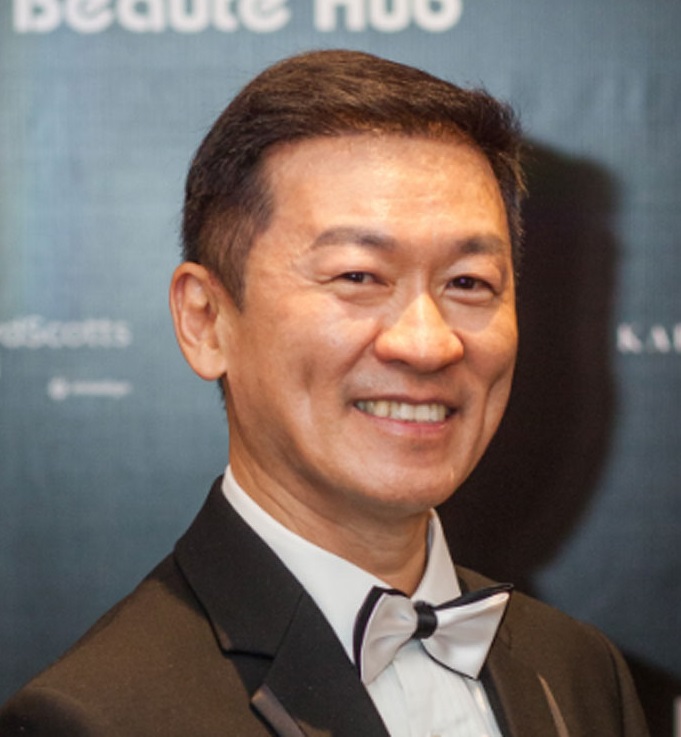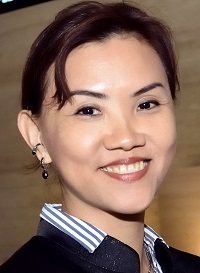 This article by Jennifer Tan (left, Director, Research & Products, Equities & Fixed Income, at the Singapore Exchange) was published in SGX's kopi-C: the Company brew series on 25 January 2017. The article is republished with permission.
This article by Jennifer Tan (left, Director, Research & Products, Equities & Fixed Income, at the Singapore Exchange) was published in SGX's kopi-C: the Company brew series on 25 January 2017. The article is republished with permission.
Construction industry veteran David Low believes the future revolves around crazy ideas - bold, off-the-wall concepts that can help businesses make a quantum leap forward and remain relevant in a changing world.
"The younger people tend to behave and work differently, and they have better resources in developing crazy ideas - my hope for the company lies in attracting more millennials to work for us," said Low, who has nearly four decades of contracting and carpentry experience. |
Happiness Quotient
|
The key is to constantly engage these young minds - in brainstorming, problem-solving, through the creative process, and in social activities. - David Low Futuristic Store Fixtures |
The important role that millenials play in the organisation can be seen from its Division Y club, set up in October 2015.
"The key is to constantly engage these young minds - in brainstorming, problem-solving, through the creative process, and in social activities," Low noted.
Division Y tries to create a conducive environment for the 20-somethings in Futuristic, providing them with avenues for creative expression, and helping them relate better with their older, more experienced colleagues.
It also conducts promotional activities in selected colleges and universities in Nanjing, to boost awareness of the brand and facilitate hiring of fresh talent.
Current projects include setting up an exclusive WeChat social media platform for members - which number 16 in total - as well as installing a hi-tech robot that will perform simple tasks and greet staff while roaming the factory floors.
"These activities inject a spirit of fun and youthful enthusiasm into the company, which in turn boosts the happiness quotient of all employees," said Nancy Gao, the 34-year-old leader of the club.
"If you improve communication and interaction among the staff, you should also see a corresponding increase in productivity."
These efforts help shape a culture of creativity within the company. "This is not a sweat shop or a furniture factory - it's a playground," Low said.
"Because no idea is too small, I want to build a fun environment to generate new ways of thinking."
Underscoring the slightly offbeat atmosphere is a 40 metre by five metre graffiti wall in Futuristic's Malaysian plant, painted by a street artist.
"For any customer who comes to visit, this creates an immediate impression - we are not your conventional factory, this is a place where we create solutions for the expansion of your brand," said Low.
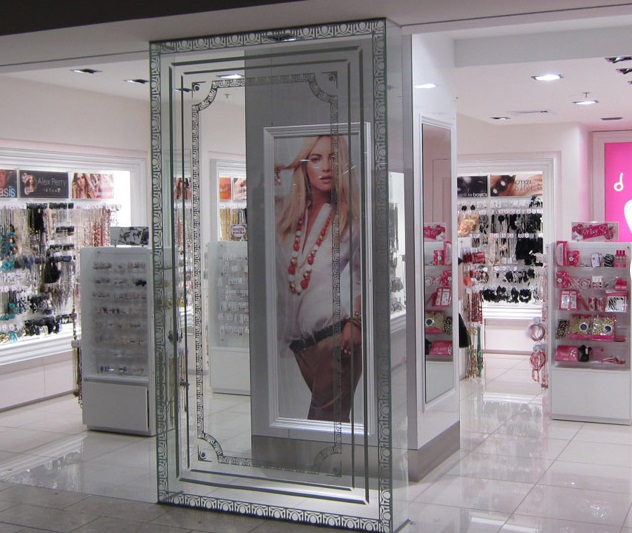 Diva Boutique outfitted by Futuristic Store Fixtures.
Diva Boutique outfitted by Futuristic Store Fixtures.
(Photo: Company)
| ♦ Cutting Edge |
|
Futuristic is also leveraging state-of-the-art technologies to drive productivity gains and broaden its marketing reach. Virtual reality tools allow the company to showcase products and facilities to prospective clients, while 3D animation techniques improve workflows and manufacturing processes in its plants. Futuristic had a record year in 2016, generating revenues of nearly S$70 million, which reflects a compounded annual growth rate of more than 20% over the past three years. |
Disrupt Yourself
Such strength of character has allowed Low to turn Futuristic from a plain vanilla renovation firm into a thriving global consumer proxy.
In today's fast-changing, digitalised world, businesses need to constantly reinvent themselves. In other words, you must disrupt yourself, before you are disrupted, and ultimately left behind, he noted.
|
- David Low Futuristic Store Fixtures |
His fierce devotion to customer service - which he calls "one hundred per cent delivery" - also sets the company apart.
"We need to constantly add value and make things happen for our customers - they have been, and continue to be, a very important part of Futuristic's success," he added.
While global growth remains lacklustre, the company is not sitting still but investing heavily to tap future opportunities.
"We're running at almost 100% capacity now. We invested in machinery to boost productivity, and moved to a new facility in Malaysia this month, which will double our output by the second quarter of 2017," Low said.
"We're increasing our production floor space in China, and that will also double our output in the first half of this year."
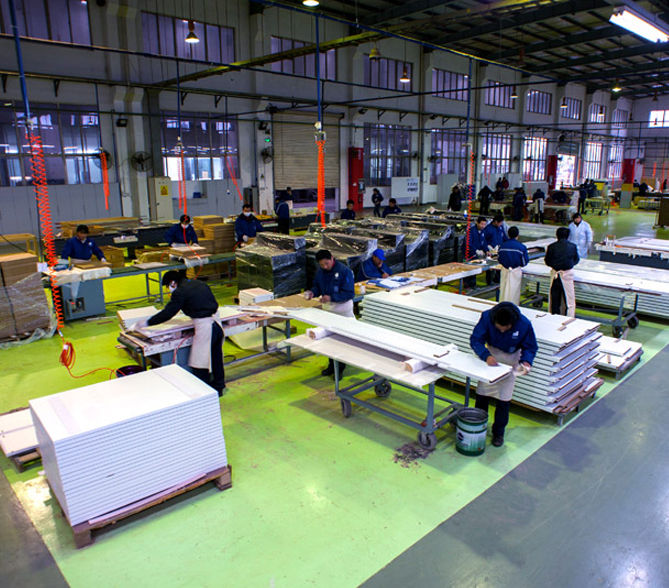 Futuristic has four full-fledged manufacturing facilities with over 700,000 square feet of wood and metal joinery capabilities strategically located in China, Malaysia and North America.
Futuristic has four full-fledged manufacturing facilities with over 700,000 square feet of wood and metal joinery capabilities strategically located in China, Malaysia and North America.
(Photo: Company)
With North America accounting for more than 50% of sales and Asia contributing about 20%, Futuristic hopes to diversify its revenue base geographically. One option is to grow via mergers and acquisitions.
"Size matters today," Low said.
"Because our business is so relationship-driven, we would consider companies that are aligned with our vision, have strong customer brands and track records. Geographical fit is also important, particularly if it has a European presence, as we don't have a strong footprint in Europe."
The next step is to build a network of support services to cater to the expanding needs of global brands.
"As the market evolves in Asia, big retail brands demand more support as their outlets increase. We're in the process of setting up a separate business unit in China to do installation as well as maintenance services," he added.
Futuristic is also eyeing a stake in a creative design outfit that is well-versed in retail concepts.
"As we diversify away from the US to focus more on Asia, several regional brands have asked us to provide interior design services, so this potential acquisition will add value to our core business."
| ♦ Tectonic Shift | |
|
A sea change is definitely afoot in the consumer sector, with the tectonic plates of demand shifting to Asia from the rest of the world.
"We expect China's anti-corruption campaign and environmental laws to spur consolidation in its consumer industry, and that will throw up opportunities for us," he said. |
Futuristic Store Fixtures Pte Ltd
Futuristic is a retail store fixtures specialist headquartered in Singapore. It has delivered globally more than 7,000 retail stores in less than 10 years, and counts global retail brands such as Bath & Body Works, Saks Fifth Avenue, Banana Republic and Victoria's Secret as its customers. It has over 700,000 square feet of manufacturing facilities in China, Malaysia and North America that comprise wood and metal joinery capabilities.
The company website is: www.futuristicgroup.com.
Consumer: Singapore's Best Performing Sector in 2016
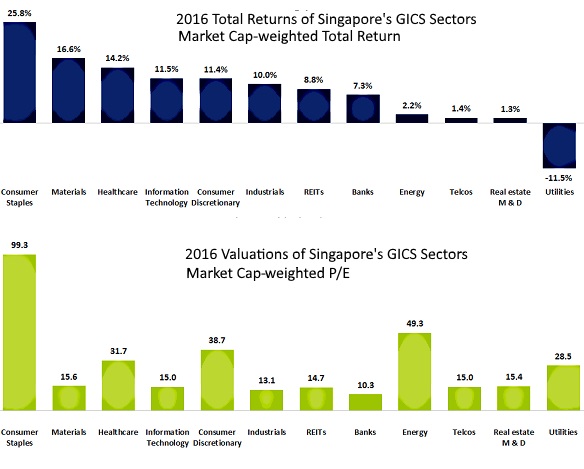
In 2016, the Consumer Staples sector was the strongest performer in the entire Singapore stock market, generating a market capitalisation-weighted total return of 25.8%, while Consumer Discretionary was the fifth-strongest, with a market capitalisation-weighted total return of 11.4%.
In terms of valuation, Consumer Staples had the highest market capitalisation-weighted price-earnings (P/E) ratio of 99.3 last year, while Consumer Discretionary's P/E of 38.7 was the third-highest among the sectors in the domestic equity market.
According to the Global Industry Classification Standard (GICS®), Consumer Staples stocks are focused on food, beverage and other non-durable products and services. This can range from plantations to manufacturers and packagers as well as food retailers. The Consumer Discretionary sector encompasses businesses that tend to be highly sensitive to economic cycles. Its manufacturing segment includes automotive, household durable goods, leisure equipment, textiles and apparel. GICS® states that the Consumer Staples sector tends to be less sensitive to economic cycles than the Consumer Discretionary sector.


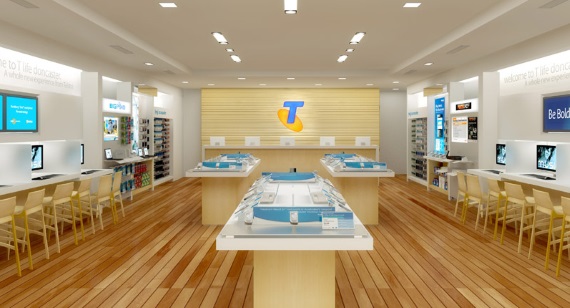
 The younger people tend to behave and work differently, and they have better resources in developing crazy ideas - my hope for the company lies in attracting more millennials to work for us.
The younger people tend to behave and work differently, and they have better resources in developing crazy ideas - my hope for the company lies in attracting more millennials to work for us.